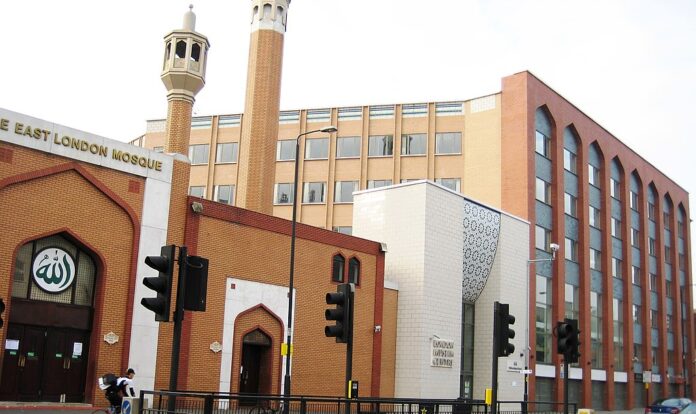UK Muslims warn 7/7 legacy still fuels suspicion, hate, and isolation across British society today
Twenty years on from the 7 July 2005 bombings, British Muslims say they are still living in the shadow of that horrifying day. While the nation grieved the 52 lives lost and over 700 injured, many Muslim communities were left to deal with something more silent, more enduring: suspicion, isolation, and a growing sense that they no longer belonged.
The psychological and social impact of 7/7 has lingered, say community leaders and campaigners. Racist incidents surged immediately after the attacks—180 in just three days, with 58 of them targeting faith groups. Some mosques were even set on fire. In a climate of fear, two-thirds of Muslims surveyed at the time admitted they considered leaving the country.
Imam Qari Asim, based in Leeds where three of the four bombers lived, recalls the days of grief, shame, and fear that followed. He says that even today, he can still feel how deeply that moment scarred perceptions. Back then, he had to stop carrying a rucksack. Strangers would grow visibly tense when he entered a lift. It wasn’t just sorrow—it was suspicion that seeped into everyday life.
He says Islamophobia hasn’t disappeared—it’s intensified. Not just because of extremism, but because of how successive governments have treated Muslim communities, especially through counter-terrorism strategies like Prevent.
Embed from Getty ImagesOriginally introduced by Prime Minister Tony Blair in 2005, Prevent aimed to root out the causes of extremism. But critics say it had the opposite effect—treating Muslim communities as suspects first and citizens second. Engagement with communities became entirely security-focused. Stop-and-searches, home raids, arrests—some of which were mistaken—left families traumatised and trust shattered.
One man, Jean Charles de Menezes, was wrongly shot dead by police just days after the failed 21 July attacks. Another innocent man was seriously injured in a raid in east London. These were not isolated events—they reflected a climate of fear and overreach.
Milo Comerford, from the Institute for Strategic Dialogue, says Prevent’s failure to build community trust has become a lasting problem. Young Muslim men, in particular, felt alienated. And while the government has pledged new funding to tackle anti-Muslim hatred, the years of silence and neglect have done long-term damage.
Shabna Begum of the Runnymede Trust says Muslim communities have been painted as both dangerous and un-British. She worries about her own children being targeted, noting how even routine announcements like “See it, say it, sorted” take on a darker meaning for Muslims.
According to the 2021 Census, Muslims now make up 6.5% of the population in England and Wales—about 3.9 million people. Most are under 19. But growing up Muslim in Britain still means facing disproportionate surveillance, bias, and stigma.
Islamophobic hate crimes have soared. In 2024 alone, attacks rose by 73%, according to Tell MAMA, the UK’s leading anti-Muslim hate monitoring body. Online abuse, violent assaults, and mosque threats have become disturbingly common. The spread of far-right conspiracies, like the “great replacement” theory, has worsened the climate.
Commentators point to the normalisation of anti-Muslim rhetoric in mainstream media. Channels like GB News have provided platforms for openly hostile commentary. Free speech, many argue, has become a cover for targeted hate.
Jabeer Butt of the Race Equality Foundation says people now feel free to say in public what was once unspeakable. The result? A cultural shift where entire communities are demonised.
Shaista Gohir, head of the Muslim Women’s Network UK, believes things are worse now than even in 2005. As a crossbench peer and British-born Muslim, she says the hate is no longer coming from the fringes—it’s in the mainstream.
Her warning is stark: “We’re in a dangerous place.” But there’s hope too. She believes that with honest dialogue, real reform of surveillance policies, and a commitment to rebuilding trust, Britain can do better.
